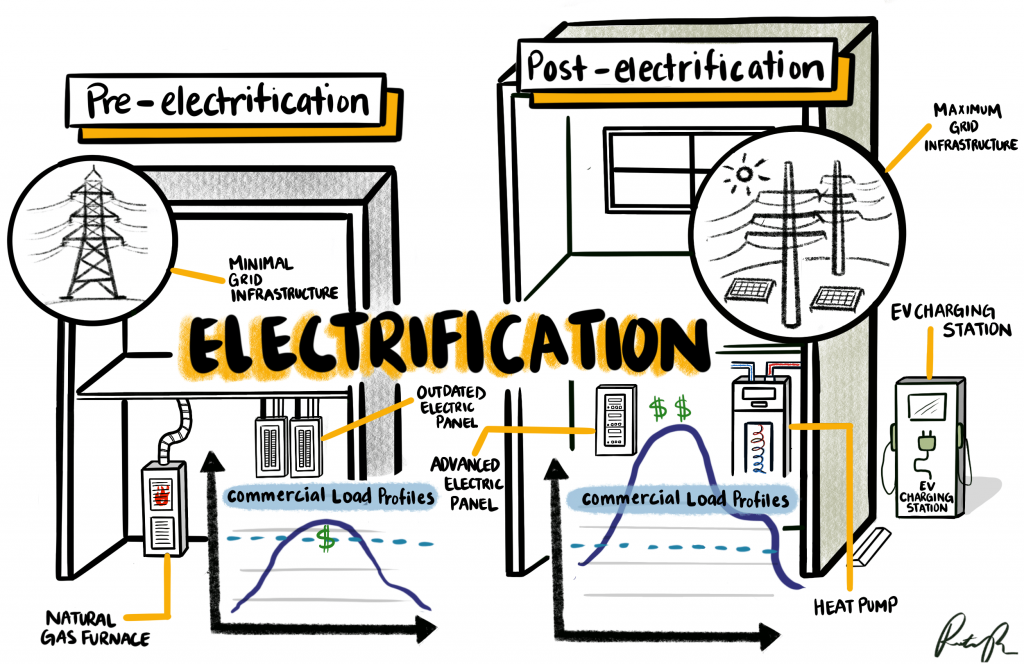The search for efficient alternatives to fossil fuels has emerged as one of the most pressing issues confronting the transportation and logistics sectors. Experts and institutions argue that the traditional industrial model is unsustainable in terms of the environment, and that electrification is one of the most dependable solutions.
In fact, when faced with the skepticism of relying on the fluctuation of renewable energy sources such as wind or solar energy, electricity means the possibility of using batteries connected to an intelligent network where this energy is temporarily stored, in addition to sending energy directly from the source to the machine.
There is currently research being conducted to increase the capacity and efficiency of this type of battery. Many companies, such as Indochinapost, are already showing interest in this new confluence that has the potential to massively increase the use of this type of energy.
Contents
Projects in Europe
In Europe, two transport electrification projects are currently in the works:
The European Green Vehicle Initiative funds various projects in member countries to improve the energy efficiency of vehicles that use alternative propulsion systems.
The Clean Sky program works to reduce pollutant emissions produced by aircraft through innovative development and technology. The initiative, which began in 2008, aims to create an ultra-ecological and cost-effective air transportation system.
The path
The most researched mode of electrification is currently road transport. In fact, by 2035, nine out of ten cars sold globally will be electric. However, there is a wide range of models available, ranging from the lightest vans to the heaviest trucks, and because of this variety, one solution cannot be applied to all cases. As a result, some segments move more quickly than others.
2,500 electrified ships in the world.
According to some estimates, electricity powers 5% of the world’s maritime fleet, implying that approximately 2,500 ships are electrified today. This low figure is due to the fact that the technology required to propel large ships solely with electricity has not yet been developed. Fundamentally, because of the high demand for the energy they require, as well as the difficulty of refueling at sea. However, in addition to their environmental advantages, electrically powered ships are appealing because they reduce onboard noise and allow for greater design flexibility.
The rail industry
Today, rail transportation is the most electrified mode, particularly within cities. According to EU data, 60 percent of major roads in Europe are electrified, carrying 80 percent of total traffic. This mode of transportation is expected to save even more energy in the near future due to the use of lighter materials in the construction of wagons.

